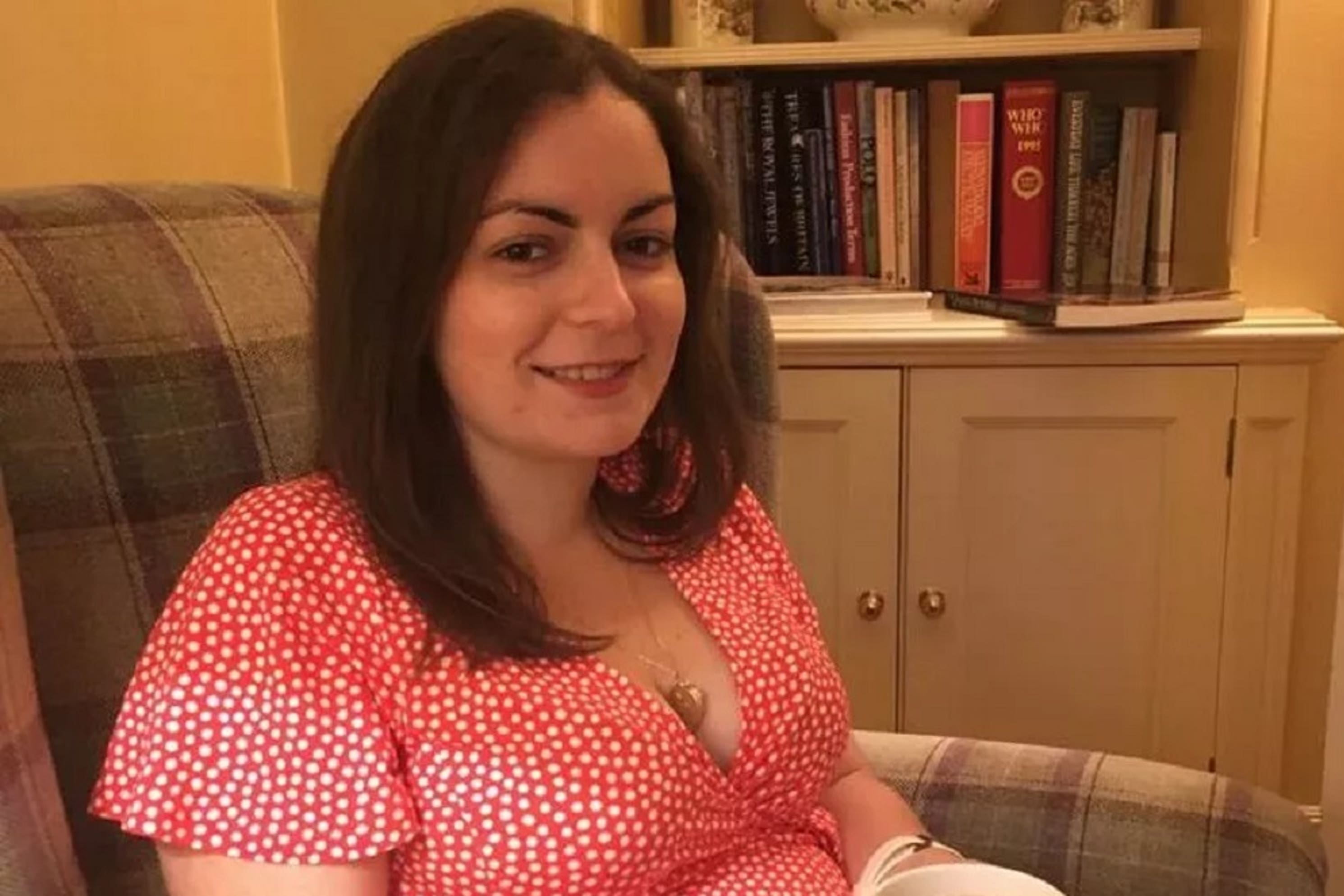Mother was ‘so excited’ to meet baby seconds before cardiac arrest, inquest told
Bernadette Horsey saw her newborn son for seconds before entering cardiac arrest.

Your support helps us to tell the story
From reproductive rights to climate change to Big Tech, The Independent is on the ground when the story is developing. Whether it's investigating the financials of Elon Musk's pro-Trump PAC or producing our latest documentary, 'The A Word', which shines a light on the American women fighting for reproductive rights, we know how important it is to parse out the facts from the messaging.
At such a critical moment in US history, we need reporters on the ground. Your donation allows us to keep sending journalists to speak to both sides of the story.
The Independent is trusted by Americans across the entire political spectrum. And unlike many other quality news outlets, we choose not to lock Americans out of our reporting and analysis with paywalls. We believe quality journalism should be available to everyone, paid for by those who can afford it.
Your support makes all the difference.A new mother said “I’m so excited” seconds before she went into cardiac arrest and died after her baby was delivered, an inquest has heard.
Bernadette Horsey died shortly after her son, Tim, was born in a planned caesarean section on January 19 2022 at the Royal Derby Hospital.
An inquest into her death at Derby Coroner’s Court previously heard doctors had no concerns about the 31-year-old’s health before she suffered a “profound, catastrophic collapse” moments after Tim was delivered.
On Thursday, Dr Rebecca Robinson, a consultant obstetrician at the University Hospitals of Derby and Burton NHS Foundation Trust who delivered Tim, said the operation was routine until seconds before the cardiac arrest.
I remember hearing Bernadette saying 'I'm so excited' as I was delivering him, so from my point of view I had no concerns
Shortly before, she had heard Mrs Horsey speak and had the screens taken down so Mrs Horsey and her husband, Aaron, could see their son being delivered.
She said: “I remember hearing Bernadette saying ‘I’m so excited’ as I was delivering him, so from my point of view I had no concerns, and was about to drop the screen.
“I saw Aaron and Bernadette both smile, and look at each other and smile, and I heard Bernadette say ‘It’s a boy’.
“At the point Tim was born, she was in theatre, she was there and she was well.
“What happened next happened very suddenly.”
The court heard on Wednesday from consultant anaesthetist, Dr Martyn Traves, who was also involved in the operation and present in theatre.
Dr Traves said he also had no concerns until shortly after Tim’s birth, when he noticed Mrs Horsey turn pale and become tonic, meaning her body was beginning to enter a seizure state.
She was declared to have gone into cardiac arrest and was pronounced dead at 11:45am.
Dr Traves told the coroner that he was “certain” she had suffered an amniotic fluid embolus, which caused her to enter cardiac arrest within seconds.
Dr Robinson estimated that she and her colleagues noticed the change in Mrs Horsey’s health in around 10 seconds and agreed with Dr Traves’ conclusion that an embolus had caused her death, describing the incident as “absolutely horrible”.
She said: “I heard Dr Traves say ‘she is going tonic’ and at the same time as that heard people saying ‘Bernadette’ and her not responding.
The way that it happened, the clinical constellation of symptoms and signs of how it happened so suddenly, the timing of it (after) a baby being delivered, was classic of an amniotic fluid embolism
“That must have been the exact moment when things went from entirely well to catastrophically different, a catastrophic physical change was witnessed at that point.
“The way that it happened, the clinical constellation of symptoms and signs of how it happened so suddenly, the timing of it [after] a baby being delivered, was classic of an amniotic fluid embolism.
“That is what clinically I believe was the cause. It was absolutely textbook presentation.”
An embolus can occur when amniotic fluid gets into the maternal bloodstream, which Dr Robinson said in rare cases can put strain on the heart and in Bernadette’s case caused her to go into cardiac arrest.
She said deaths from such an embolus were rare and science had not yet established how amniotic fluid enters the bloodstream, but added it did not always cause harm or death.
She said: “Other people can bleed uncontrollably or have shortness of breath.
“In Bernadette’s case, the first sign of anything going wrong was a cardiac arrest.
There are no known risk factors and no ways of predicting an amniotic fluid embolism
“There are no known risk factors and no ways of predicting an amniotic fluid embolus.
“Everything was routine up until the moment of the cardiac arrest.”
When asked by Louise Pinder, assistant coroner for Derby and Derbyshire, whether she felt there were any missed opportunities to save Mrs Horsey, Dr Robinson replied: “No, I don’t think that there were.”
The inquest, expected to conclude on Friday, continues.